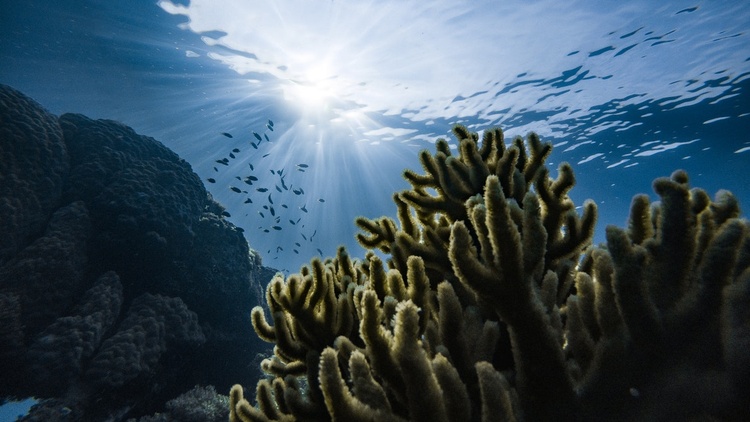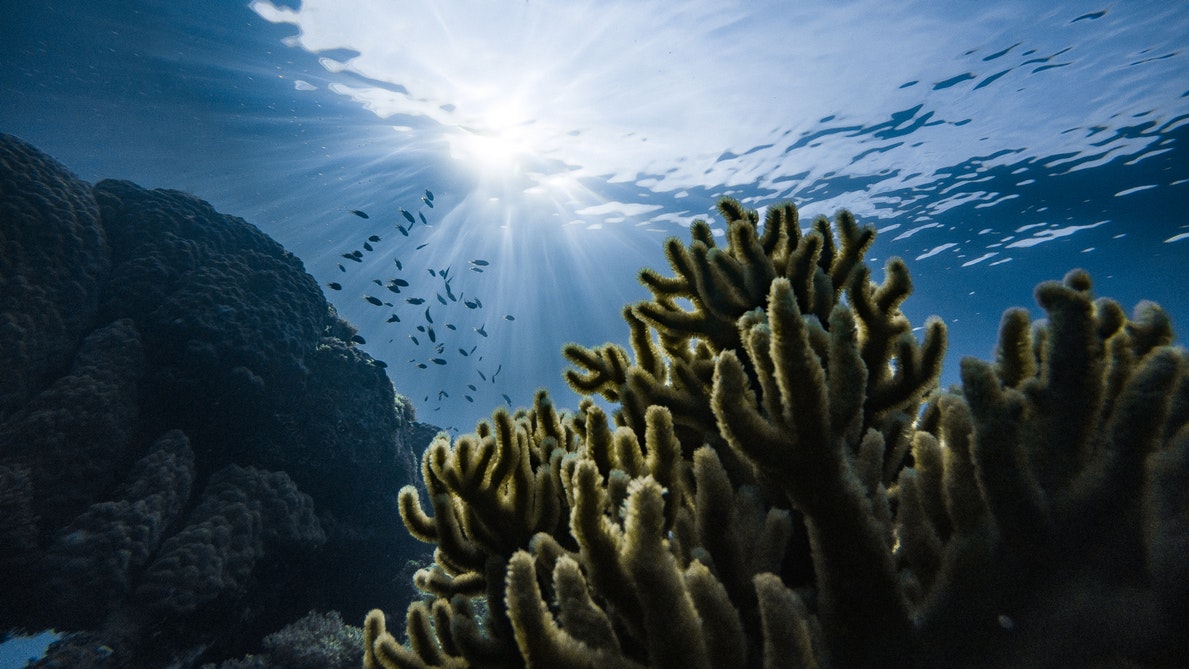In a new study published this month in the journal Scientific Reports, researchers from the University of Bari Aldo Moro have chronicled the discovery of the “unique” reef.
The underwater ecosystem extends for at least two and a half kilometres along the Adriatic coast near the tourist town of Monopoli, in Puglia.
Situated at a depth of between 30 and 55 metres, it is the first mesophotic coral reef – a term applied to ecosystems with low levels of light – to be discovered in the Mediterranean.
For this reason, the colours of the coral reef in Puglia are more subtle than more famous tropical varieties, such as the Great Barrier Reef.
“The famous Australian or Maldivian coral reefs rise almost to the surface of the water, making the most of the sunlight that is the real fuel of these ecosystems,” Professor Giuseppe Corriero, who led the research project, was cited saying by The Guardian.
“[Mesophotic reefs] are very rare, because they manage to survive and grow despite the lack of light.”
The Regional Council of Puglia is planning on creating a new marine protected area off the coast of Monopoli, to shield the reef from any harm, according to local media.
Most coral reefs occupy less than 0.1 per cent of the world’s ocean area, yet they are home to at least 25 per cent of marine species, including fish, sponges and molluscs.
The world’s coral reefs are facing a major threat to their survival, primarily due to pollution and coral bleaching caused by rising sea temperatures.
In previous decades, coral bleaching events occurred once every 25 years or so.
Recent studies have shown that more than 100 coral reefs spread across the globe are now experiencing these events every 5.9 years.












